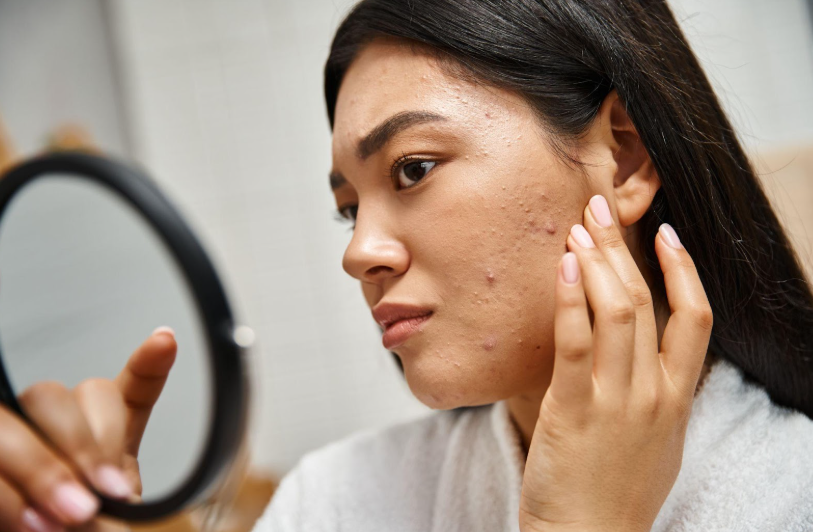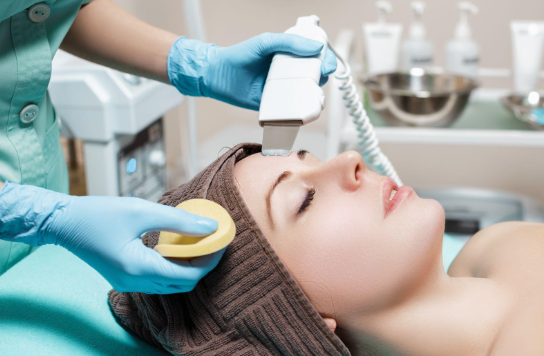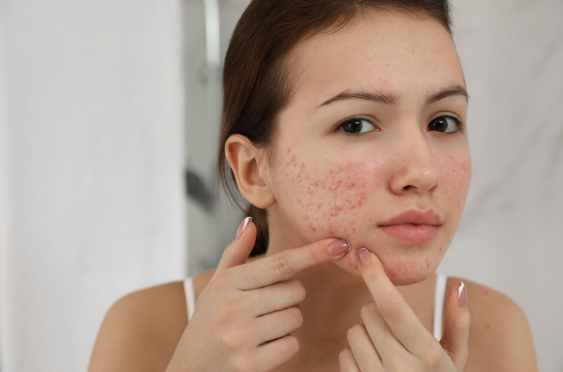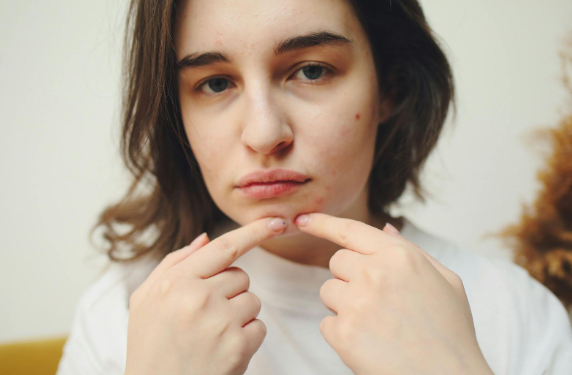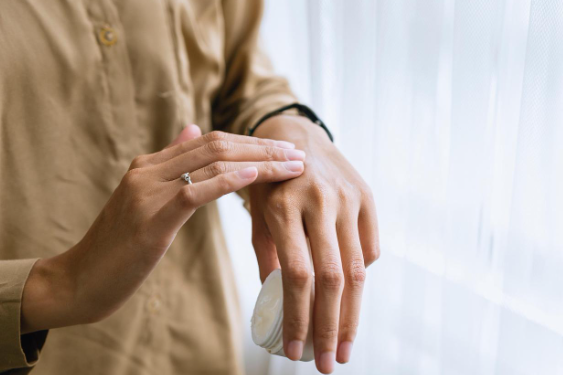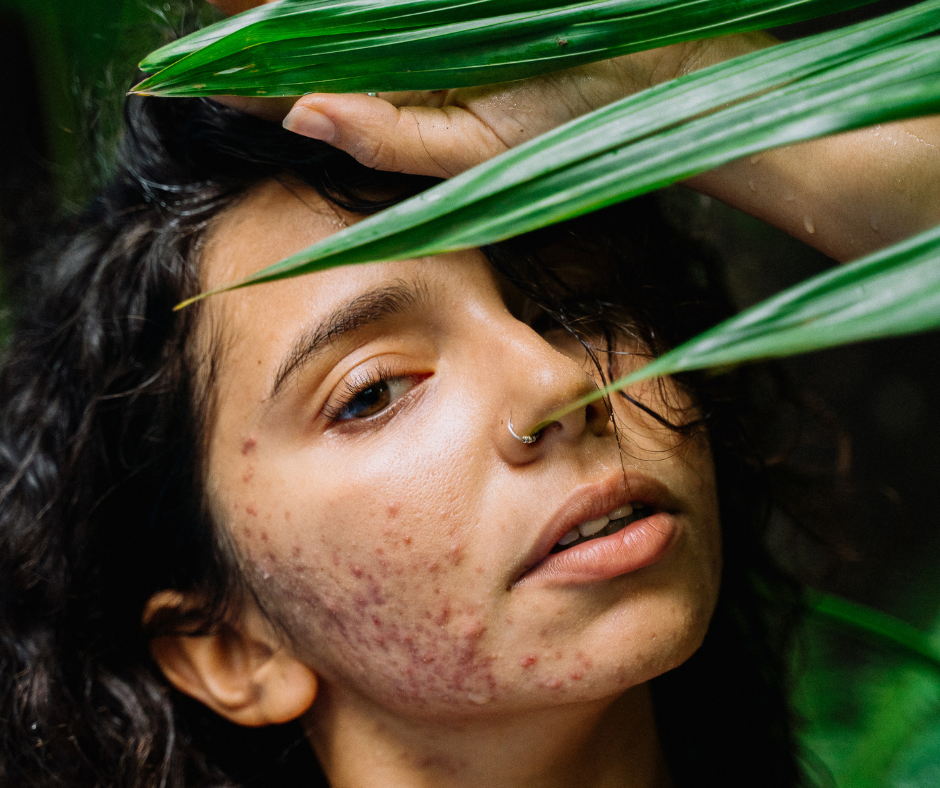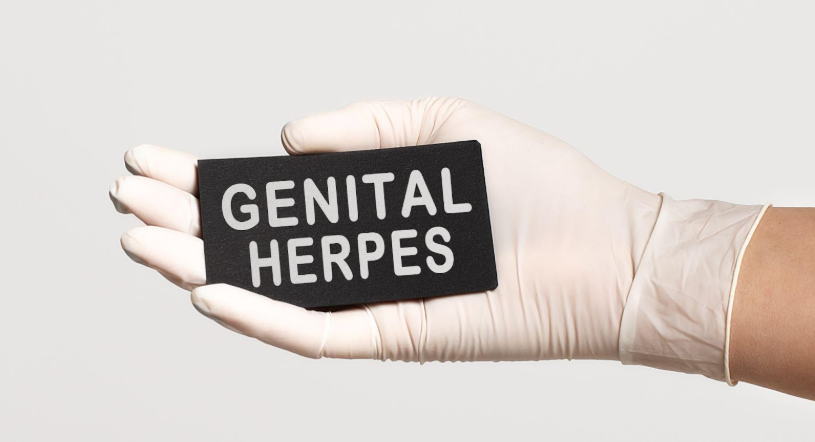The Difference Between Psoriasis and Eczema
Psoriasis vs Eczema
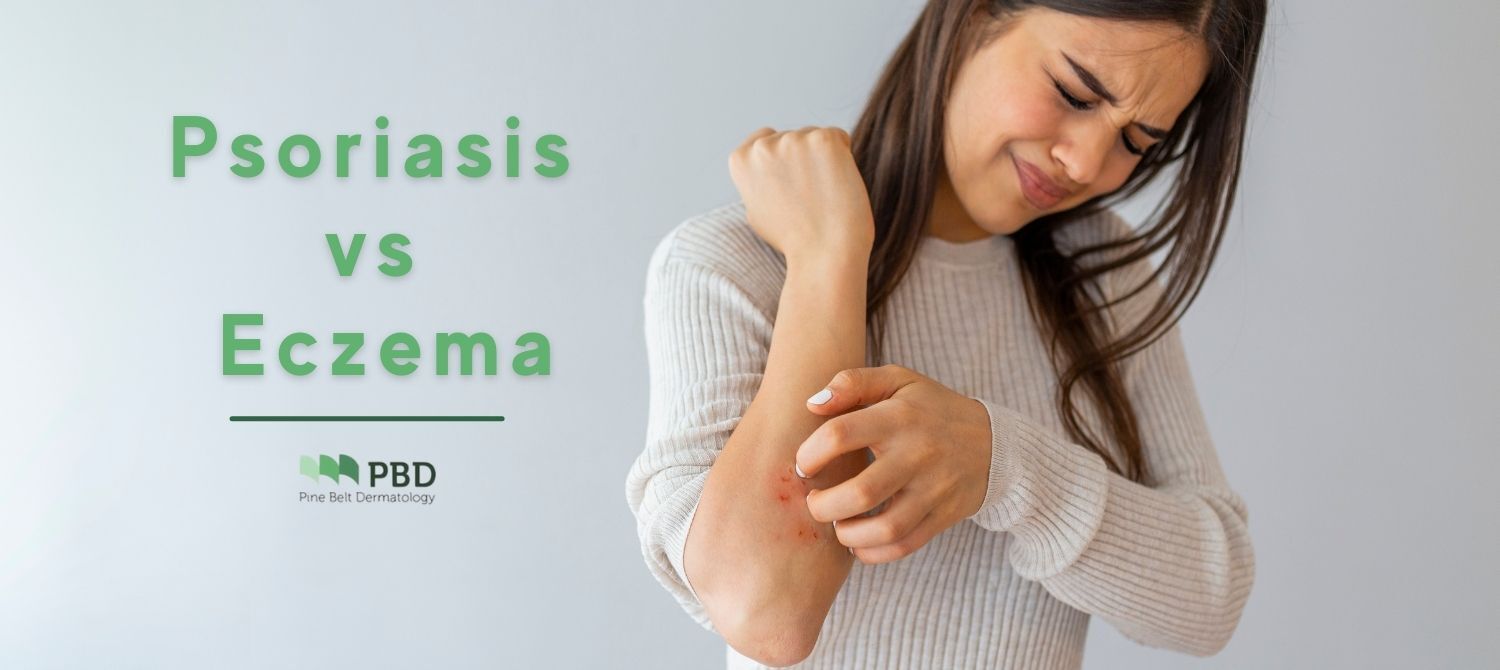
If you have been diagnosed with either psoriasis or eczema before, you know that it can be an uncomfortable experience, especially if you aren't receiving the proper treatment. However, if you haven't been diagnosed but are experiencing any redness or irritation of your skin, you might be having trouble determining which condition you have and how to treat it.
Psoriasis and eczema have several similarities, but they can also be distinguished by certain signs. Knowing the differences between the two conditions will allow you to narrow down the right treatment plan for you to find relief.
Similarities Between Eczema and Psoriasis
Since they both affect the skin, eczema and psoriasis present themselves very similarly. Both conditions can cause a rash or patches of itchy, red skin. Both conditions can also appear in the same parts of the body, including the hands, arm, and scalp. Because of the many similarities, it can often be hard to tell the two conditions apart.
It is important to be proactive and take care of both conditions, as they have the potential to lead to a secondary infection, especially if the sores open up as a result of scratching. It is also possible to maintain both eczema and psoriasis through general health and wellness. Neither condition is contagious, but it is possible that they are caused by genetics and can run in the family.
Although eczema and psoriasis appear very similar, they are still notably different. Knowing the proper signs of each will allow you to determine which condition you have and how to treat it properly.
Differences Between Eczema and Psoriasis
It can be difficult to tell the difference between psoriasis and eczema, but it is important to be able to distinguish between them, especially for treatment. Both conditions are rather common, especially in the United States. Eczema affects approximately 15 million Americans, while approximately 7.5 million Americans have psoriasis. Although eczema affects a larger group of people, it is still important to learn exactly which condition you may have. To understand each condition completely, it is important to recognize the various distinguishing factors they have.
Each Has Separate Underlying Causes
Psoriasis and eczema each have different traits and underlying causes. Psoriasis is caused by an autoimmune disease, which means there is a problem with the body's immune system response. In the case of psoriasis, the immune system is working too hard, and the skin cells are growing too fast. As the skin cells grow and pile up on top of each other, they form a white scale.
The cause of eczema is slightly more unclear. Scientists believe that it could be a combination of both genetic and environmental factors. For some eczema patients, the condition could result from a gene mutation in the protective layer at the top of the skin, leaving the skin more vulnerable to infection or rash. It is also possible that living in a dry climate may make someone more susceptible to eczema.
Both Have Different Levels of Intensity
The two conditions may also demonstrate different levels of intensity for the person experiencing them. Those with psoriasis may experience milder itching or a burning feeling. However, eczema may cause a much harsher sensation of itching. In severe cases of eczema, it is possible for some patients to scratch the skin hard enough to cause bleeding. The severity and subtleties of the sensations you experience may indicate which of the two conditions you may have.
They May Present in Different Parts of the Body
Both skin conditions can present anywhere on the body, but they each have more common areas where they can show up. For example, psoriasis often appears more commonly in areas like the scalp, face, elbows, knees, or buttocks, while eczema more often affects the skin on the inside of the elbows or back of the knees. In addition, although anyone can experience either condition at any age, eczema is more likely to affect children.
Each Has a Different Response to Sunlight
Those with eczema may also have a different experience in the sun and heat compared to those with psoriasis. People with eczema are often more sensitive to heat, as sweat can cause the skin to flare up. On the other hand, individuals with psoriasis can benefit from natural ultraviolet B (UVB) light in sunshine. UVB light helps to slow the abnormal growth of skin cells and is even used in formal medical treatments for psoriasis.
However, as with anything, too much exposure can end up being a bad thing. Spending too much time in the sun can lead to dryness and trigger psoriasis symptoms. Therefore, when spending time in the sun, it is important to do so in moderation and use a healthy amount of sunscreen.
With experience and careful attention to detail, it may be possible to distinguish between the two skin diseases. Even if it is not possible to tell the difference visually, a dermatologist can perform a biopsy to provide more certainty and direct you to specific treatment options. If you believe that you have either psoriasis or eczema and have not yet received a diagnosis, you should consider contacting a dermatologist for proper guidance.
Finding the Proper Treatment Plan
Once you pinpoint which condition you have, you can begin the proper treatment process for relief. Since eczema and psoriasis are both skin conditions, they will have some similarities in how they are treated, but the specific medications and methods will differ. From over-the-counter options to doctor-prescribed medications and treatments, there are multiple treatment options for each condition. Some of these include:
● Topical cream. For both conditions, a topical cream with cortisone can help to reduce inflammation and provide relief. This is most helpful for mild cases. There are a variety of over-the-counter treatments for both psoriasis and eczema.
● Immunosuppressive medications. For more moderate to severe cases, a medication like cyclosporine or methotrexate can help calm your body's immune response.
● Phototherapy or ultraviolet light. Phototherapy, or light therapy, creates UVB light through a machine. UVB light treatment can provide relief for severe psoriasis cases. This is a controlled process carried out under medical supervision, helping to reduce itching and inflammation while increasing your body's ability to fight bacteria.
● Antibiotics. In some cases, specifically for those with eczema, it is possible to experience a secondary infection. A doctor may prescribe a topical or oral antibiotic to fight the infection and relieve inflammation.
● Biologics. Biologics are medications that work to pinpoint the protein that causes your body's inflammatory response. Biologics can be administered through intravenous (IV) infusion or injection.
Although there are many possible treatment options, the best first step is to go directly to a dermatologist to discuss your condition and receive a proper diagnosis. Everyone may react to various treatments differently. Unfortunately, there is no cure for psoriasis and most forms of eczema, but the right treatment will help you manage your symptoms. A dermatologist can provide more effective next steps, especially if you do not see any relief from over-the-counter medication.
General Maintenance and Relief of Symptoms
Regardless of what specific treatment may work best for you, there are some general steps you can regularly take to help relieve symptoms. When dealing with eczema or psoriasis, symptoms are more likely to flare up when the skin is dry. Using a moisturizing cream or ointment can help keep the skin moist and minimize itching.
Although there is no cure for psoriasis and most forms of eczema, taking good care of yourself and regularly consulting with a dermatologist makes it more than possible to limit and manage your symptoms. On top of keeping the skin moisturized, it is also a good idea to drink a lot of water, maintain a healthy diet, limit alcohol intake, and exercise regularly. These steps benefit your overall health and wellness, giving your body the ability to minimize inflammation and combat any potential infection. Taking good care of your body and skin can go a long way toward managing symptoms.
For more information on the difference between psoriasis and eczema, contact Pine Belt Dermatology today. Psoriasis and eczema can each be different for everyone, so it is important to have a treatment plan specifically made for you. If you are experiencing either of these conditions, make an appointment with us to discuss a treatment plan that works best for you. We provide a variety of services, from preventative care to cosmetic services to skin treatment.
We have four locations throughout Mississippi to help serve you; located in Petal, Hattiesburg, Ellisville, and Biloxi. We have helped patients from all over Mississippi get on the road to more comfortable skin, and we can help you do the same. Contact us today to make an appointment.
